April 14, 2025 | 04:00 GMT +7
April 14, 2025 | 04:00 GMT +7
Hotline: 0913.378.918
April 14, 2025 | 04:00 GMT +7
Hotline: 0913.378.918

Pham Kim Dang, Deputy Director of the Department of Livestock Production (Ministry of Agriculture and Rural Development), emphasized that stakeholders must coordinate in implementing disinfection measures to prevent disease outbreaks. Photo: Hoai Tho.
Vietnam's agricultural sector has suffered significant damage from Typhoon No. 3, with the livestock sector being the most affected. In addition to decreased yield, farmers face multiple challenges related to breeding stock, feed sources, and the heightened risk of disease outbreaks.
Regarding the primary obstacles that local governments face in restoring livestock production, Pham Kim Dang, Deputy Director of the Department of Livestock Production (Ministry of Agriculture and Rural Development), commented that the greatest concern following the typhoon is the potential for disease outbreaks. Floods often leave animal carcasses mixed with mud, carrying dangerous pathogens. As a result, sanitizing farms and surrounding areas has become an urgent mission for local livestock producers.
Consequently, local governments and relevant agencies have responded quickly to the issue, dispatching technical officers to affected areas with the aim of providing instructions on disinfecting barns, administering vaccinations, and monitoring animal health. Additionally, farmers are encouraged to promptly report any signs of disease, avoiding premature restocking before satisfying the safety requirements.
Rebuilding breeding stocks presents another major challenge. Although poultry and waterfowl farmers can resume production within one to two months, larger livestock such as buffalo and cattle may require an extended period of time due to their prolonged breeding cycles and the need for early planning. The shortage of quality breeding stock after a natural disaster further complicates restocking efforts, particularly as domestic breeding supply dwindles.
Feed shortages add to the pressure on livestock farmers. Heavy rains have inundated pasture and fodder-growing areas, resulting in a severe feed deficit. Without an appropriate response plan, the affected feed poses a high risk of spreading disease within livestock populations. Consequently, farmers are tasked with finding alternative solutions or supplementing with industrial feed to maintain livestock nutrition.
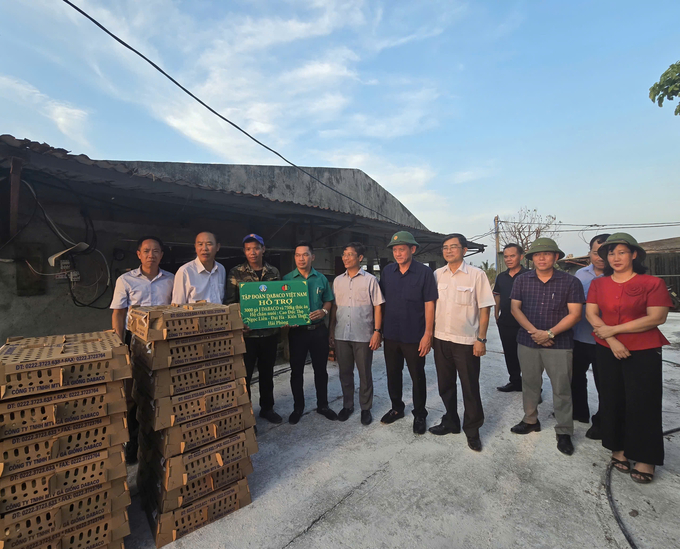
Leaders from the Ministry of Agriculture and Rural Development, the Departments of Livestock Production, Animal Health, and the Directorate of Fisheries, in cooperation with Dabaco Vietnam Group, providing breeding chickens to a household affected by Typhoon No. 3 in Hai Phong City. Photo: Hoai Tho.
Restoring damaged facilities is also a significant challenge for many livestock households. After natural disasters, farmers must repair their homes as well as allocate substantial resources to rebuild animal shelters. However, financial difficulties have forced many to secure loans to reinvest in production.
As a result, local banks and businesses are encouraged to coordinate closely with local governments in providing preferential loan packages, allowing farmers to acquire the necessary resources to restore their operations.
According to Deputy Director Pham Kim Dang, in addition to emergency measures, boosting livestock immunity has also become a priority task. After a natural disaster, livestock require special tending procedures to recover health and enhance disease resistance. Farmers are advised to strictly follow tending and hygiene protocols as well as ensure vaccinations as instructed by local veterinary agencies.
Farmers require support from the government, business community and technical agencies to recover from the damages of natural distasters. Coordinated efforts from all stakeholders have mitigated damages and enable farmers to quickly rebuild their livestock herds, preparing essential food supplies for the year-end market.
“With support measures that encompass breeding stock, feed, finances, and technical assistance, we expect the livestock sector to stabilize and recover from Typhoon No. 3 in the near future. This will allow the sector to protect social welfare and meet consumer demand for the upcoming Lunar New Year holidays,” emphasized Deputy Director Pham Dang.
After Typhoon No. 3, agricultural extension agencies and the business community have implemented a range of solutions to help farmers restore production, with a focus on the livestock sector.
Regarding livestock production, the National Agricultural Extension Center is focusing on short-cycle models such as poultry and waterfowl, as these animals have quick turnaround times and can provide farmers with an immediate source of income.
The business community plays a crucial role in the recovery process of the livestock sector. Accordingly, many companies have supplied farmers with breeding stock, feed, vaccines, and disinfectants, in addition to purchasing their agricultural outputs. The involvement of these businesses has significantly eased the financial burden on farmers after the typhoon.
Translated by Nguyen Hai Long
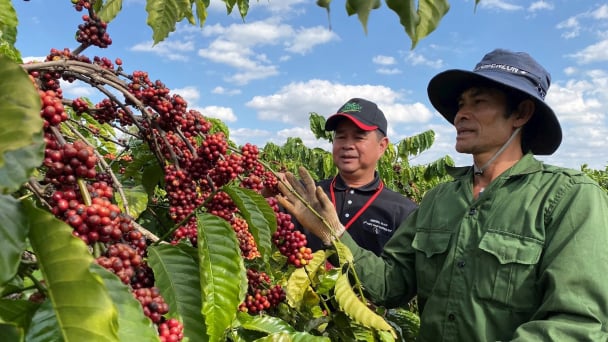
(VAN) Businesses emphasize fairness and equality when integrating social factors into their sustainable development strategies.
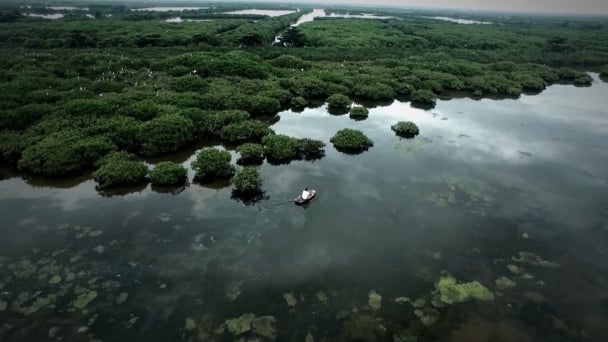
(VAN) French organizations and enterprises propose that Thai Binh province provide potential and long-term cooperation contents related to climate change response and green industrial development.
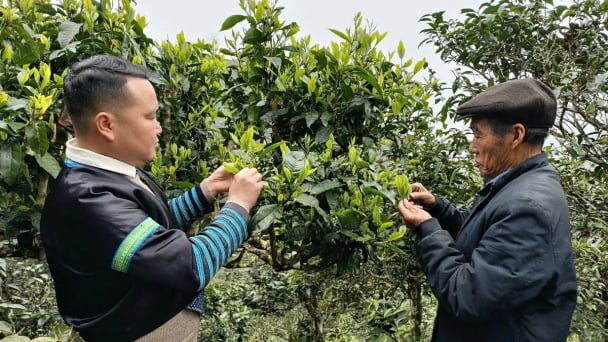
(VAN) Shan Tuyet tea is considered a 'heavenly treasure'. The H'mong people allow the tea to grow naturally, adhering to organic production principles, with the aim of exporting the product.
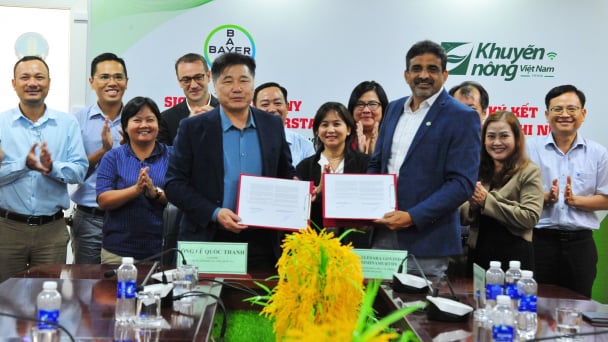
(VAN) Bayer Vietnam and the National Agricultural Extension Center have signed a partnership agreement to expand the development of effective and safe farming models for rice, durian, and coffee.
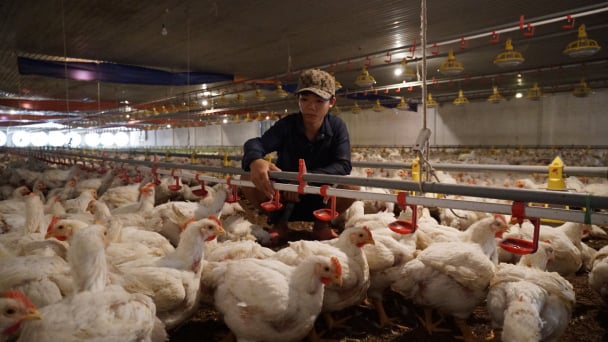
(VAN) Tay Ninh province possesses all the favorable conditions, from natural advantages to geographic location and social harmony, to drive economic development, particularly in attracting investment and advancing modern livestock farming.
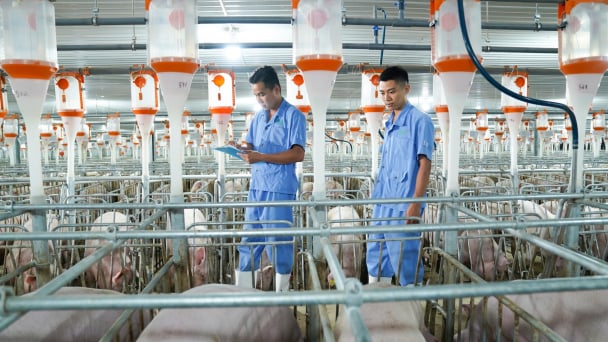
(VAN) Notably, every link in BAF's entire closed livestock value chain Feed - Farm - Food has received international certification.
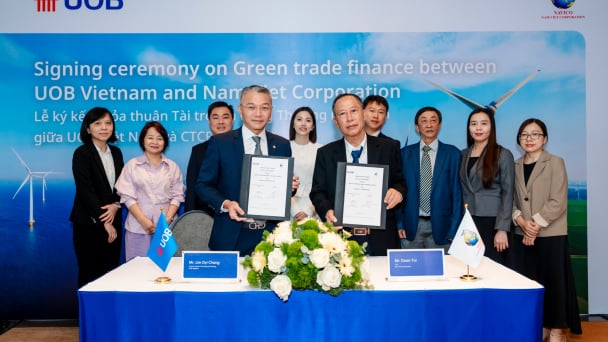
(VAN) UOB Vietnam has recently signed a green credit agreement with NAVICO to develop sustainable aquaculture that meets international standards.